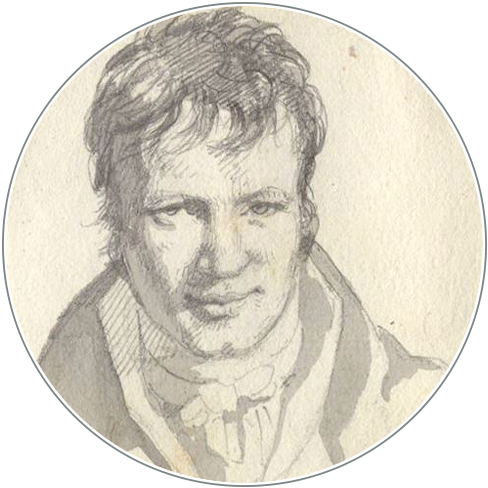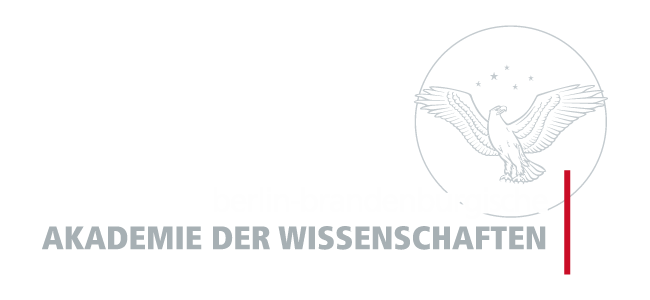Faszination AvH
DOI:
https://doi.org/10.18443/281Keywords:
Humboldt’sche Wissenschaft, Weltbewusstsein, ZusammenlebensWissen, Globalisierung, Ökologie, Netzwerke des Wissens, ModerneAbstract
AbstractAlexander von Humboldt’s voyage to the New World is a founding moment of modern science. It provides us with impulses and foundations for a 21st century that must be marked by thinking and living together. Today, at the end of our current phase of globalisation, new dimensions of the future can be conceived and developed from the long buried tradition of Humboldtian Science. The thinking together of nature and culture in the horizon of an ecology that is linked to social and economic structures; the drafting of a cosmopolitan policy that does not aim at asymmetry of power, inferiority and dependence, but rather makes the circulation of knowledge the basis of a democratising world society: These are crossroads of a way of thinking that has not only gained in actuality but also in urgency in the face of new nationalisms, new fundamentalisms and new global exclusions.
ResuméeLe voyage de recherche d’Alexander von Humboldt dans le Nouveau Monde est un moment fondateur de la science moderne. Il nous donne des impulsions et des fondements pour un 21ème siècle qui doit être marqué par la pensée et le vivre ensemble. Aujourd’hui, à la fin de notre phase actuelle de mondialisation, de nouvelles dimensions de l’avenir peuvent être conçues et développées à partir de la longue tradition enterrée de la science de Humboldt. La pensée commune de la nature et de la culture à l’horizon d’une écologie en réseau avec les structures sociales et économiques ; l’élaboration d’une politique cosmopolite qui ne vise pas l’asymétrie des pouvoirs, l’infériorité et la dépendance, mais fait de la circulation du savoir la base d’une société mondiale en démocratisation : Il s’agit là d’un carrefour d’un mode de pensée qui a gagné non seulement en actualité, mais aussi en urgence face aux nouveaux nationalismes, aux nouveaux fondamentalismes et aux nouvelles exclusions mondiales.
ZusammenfassungAlexander von Humboldts Forschungsreise in die Neue Welt ist ein Gründungsmoment moderner Wissenschaft. Sie liefert uns Impulse und Grundlagen für ein 21. Jahrhundert, das im Zeichen des Zusammendenkens und Zusammenlebens stehen muss. Von der lange verschütteten Tradition einer Humboldt’schen Wissenschaft aus lassen sich heute, am Ausgang unserer aktuellen Globalisierungsphase, neue Zukünfte denken und entfalten. Das Zusammendenken von Natur und Kultur im Horizont einer Ökologie, die sich mit Gesellschafts- und Wirtschaftsstrukturen vernetzt; der Entwurf einer Kosmopolitik, die nicht auf Machtasymmetrie, Inferiorisierung und Abhängigkeit abzielt, sondern die Zirkulation von Wissen zur Grundlage einer sich demokratisierenden Weltgesellschaft macht: Dies sind Kreuzungspunkte eines Denkens, das nicht nur an Aktualität, sondern im Zeichen neu entfachter Nationalismen, neuer Fundamentalismen und neuer globaler Ausgrenzungen vor allem an Dringlichkeit gewonnen hat.

Downloads
Published
How to Cite
Issue
Section
License
Copyright (c) 2019 Ottmar Ette

This work is licensed under a Creative Commons Attribution-NonCommercial 4.0 International License.
HiN operates under a Creative Commons-Licence (CC BY-NC 4.0), which permits the reproduction of articles, free of charge, for non-commercial use only and with the appropriate citation information. All authors publishing with HiN accept these terms of publication.
Authors retain the copyright for their articles and reviews. Copyright of the layout and design of HiN articles remains with the journal and cannot be used in other publications.








